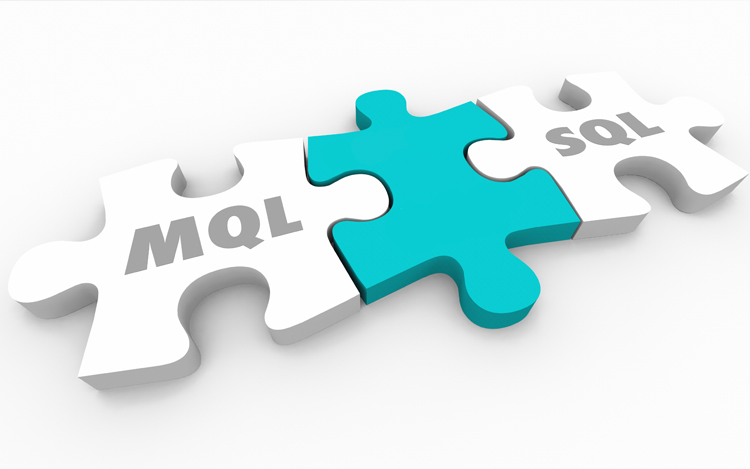In short, MQLs are Marketing Qualified Leads, SQLs are Sales Qualified Leads, and in an industry like electronics engineering, you could waste years chasing an MQL who is not going to buy anything instead of a promising SQL if you don’t understand the difference.
You’ve probably heard or seen these terms, and possibly wondered what the latest acronyms were all about. As inbound marketing and marketing automation accelerate (we’ll cover these also in later posts), it’s important to understand these terms and techniques. So let’s dig a little deeper.
Definition: Marketing Qualified Lead (MQL)
“…[A] lead judged more likely to become a customer compared to other leads based on lead intelligence…”
-Hubspot
In other words, an MQL is certainly a lead that has value, where the value of the lead has been defined by the additional information gleaned about the contact or account (usually by the marketing folks) that tells us what the likelihood is of this lead becoming a customer in the future.
Some of you may also be scoring or ranking leads based on the data you have captured about them. This additional information could include any of the following:
- a job title
- qualification as active in your industry/segment
- a purchase history in your product category (but not necessarily from your company)
- data which indicates the individual is ether responsible for, or influential in the purchase decision
- and several more that may uniquely pertain to your segment of the electronics engineering industry.
But one piece of information that an MQL does not have? Purchase intent. And this, in my book, is what differentiates an MQL from an SQL.
However, it would be a mistake to ignore or discount MQLs from your sales and marketing activity for this reason – MQLs represent your future customers, and need to be nurtured now. Just don’t expend resources on them in the same way that you would for more immediate potential customers.
MQLs and SQLs are like the difference between a tree in spring versus a tree in winter. The tree in winter does not have leaves yet, but it will in the future.
Definition: Sales Qualified Lead (SQL)
“….[A] prospective customer that has been researched and vetted – first by an organization’s marketing department and then by its sales team – and is deemed ready for the next stage in the sales process […] has displayed intent to buy a company’s products and has met an organization’s lead qualification criteria that determine whether a buyer is a right fit. The label is applied to a prospect that has gone past the engagement stage and is ready to be pursued for conversion into a full-fledged customer.” – Tech Targeted
By comparison, SQLs (not be confused with the SEQUEL server acronym) are also contacts for whom you have some good qualification data. They are leads at the buying decision stage. The key element here is clear and qualified buying intent!
I would also argue that true SQLs should possess buying intent within your cycle, i.e. within your fiscal year, or within your typical industry sales cycle.
It’s important to understand and recognize the difference between these two very different but equally valuable types of prospects. Without this information, many hours and dollars could be wasted on decent contacts who are just not ready to buy. And this is probably one of the most common sales / marketing organization errors that leads to missed sales targets you could avoid.
Final Thought: So I bet I know what you are thinking now! How do I get the data to determine which of my leads is an MQL and which is an SQL? It’s simple: get organized, or better organized – unify your data into a single database, set up an email system if you do not have one already, create content that will engage your audience, and start asking the right questions. Larger corporations have been highly organized with their lead scoring or lead ranking for several years, and you can build a system quickly and easily without investing a ton of money or resources. In a later post, I’ll go more in depth about how to develop a lead scoring program.
In the meantime, I’m happy to answer your questions or offer free one-on-one advice on how to get started. Drop me a line….
ITEM Media provides lead conversion services to clients in the EMC, thermal management, and electronics reliability markets. For more info, contact Graham Kilshaw at graham@lectrixgroup.com.

